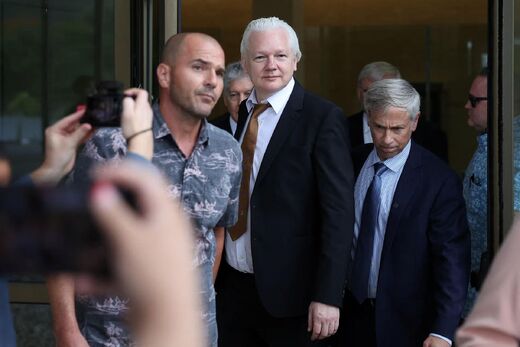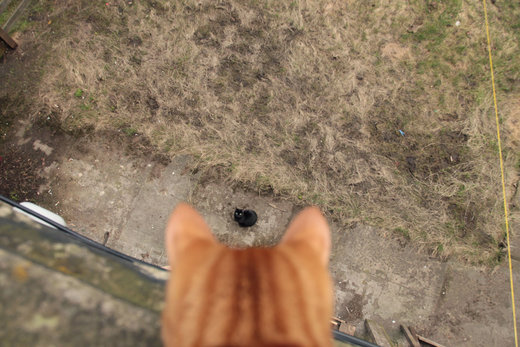Families Need Fathers says parents are being encouraged by some solicitors to file for non-molestation orders - injunctions used in urgent abuse cases.
New figures show a 30% rise in orders made after legal aid was axed in everything but abuse cases in family courts in 2012.
Some 25,700 were made in England and Wales in 2017, and 6,699 in the first quarter of 2018.
The changes to legal aid qualification in England and Wales were designed to reduce the number of cases in family courts, with separating couples being encouraged to attend mediation sessions instead, and to cut the legal aid bill.
But charity case workers say they are seeing "thousands" of parents, mainly fathers, who have been made subject to these orders for things that they do not consider to be domestic abuse.
These could be angry comments thrown in the midst of the break-up or dealing with child access arrangements or unpleasant text messages, they say.
'False allegations'
The charity suspects that solicitors' firms are talking parents into seeking such orders because it enables them to qualify for legal aid, from which both the legal profession and the complainant could benefit. A spokesman for the charity said: "We're getting a lot of people coming to us talking about false allegations, whether it's grossly exaggerating events or even completely fabricating them. "And yet the impact of the order can take a parent down a path that can be very difficult to return from."
Jerry Karlin, chairman of Families Need Fathers, said the result of the government's "well-intended but ill-conceived changes" to the family courts system was a 30% increase in non-molestation orders (NMOs) to 25,000 a year.
There had also a been 20% rise in private family court applications over the last two years, he added. "These (NMOs) are used in allegations of abuse and they don't have to be true to obtain access to legal aid." "Non-molestation orders have gone up by several hundred per cent since the legal aid changes in some districts," he added.
NMOs work like injunctions and are designed to protect domestic abuse victims from further harm in emergency situations.
The charity stresses that they are useful in genuine cases of abuse, but is concerned that the way they are administered leaves them open to exploitation. For example:
- They are often granted in the absence of the person being accused of abuse (the respondent) and without accusations of domestic abuse being proven
- The making of an order then also enables the complainant to draw on thousands of pounds in legal aid which can also be used in any subsequent family law cases
- The respondent would not be automatically entitled to legal aid, however, and often has to represent themselves
- The level of evidence required is fairly low and can relate to claims about verbal abuse, unwanted text messages or emails
"There has been a small increase in the number of non-molestation orders applied for and being granted since these orders first came into force in 2003.
"Given that the police are recording record numbers of domestic abuse-related incidents and offences, we would expect the number of non-molestation orders being applied for and granted to increase over this period as more victims have the courage to report to the police and seek protection through the justice system."




Comment: It's not just men who perpetuate domestic violence: